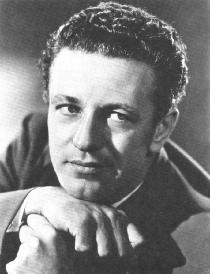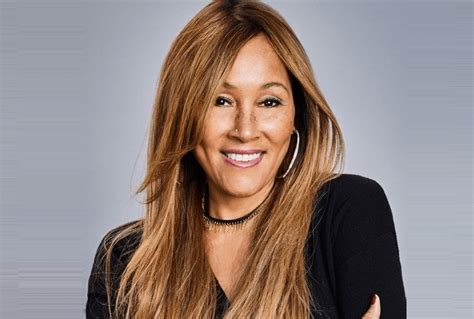A Quote by Nicholas Ray
I never try to show an actor what to do or what to say. He has to find out for himself. The role of the director is to guide him to that state, and then to implement it.
Related Quotes
When an actor plays a scene exactly the way a director orders, it isn't acting. It's following instructions. Anyone with the physical qualifications can do that. So the director's task is just that – to direct, to point the way. Then the actor takes over. And he must be allowed the space, the freedom to express himself in the role. Without that space, an actor is no more than an unthinking robot with a chest-full of push-buttons.
With a director it's all about the work; I'd work with a great director over - you know, I'm not the kind of actor who that doesn't go, 'I want to play this role.' It's more like, 'I want to work with this director,' regardless of what the role is because if it's a good director, you'll probably find a good role because it's a decent film. But a mediocre director will always make a mediocre movie.
A guide, on finding a man who has lost his way, brings him back to the right path—he does not mock and jeer at him and then take himself off. You also must show the unlearned man the truth, and you will see that he will follow. But so long as you do not show it him, you should not mock, but rather feel your own incapacity.
There are directors, and I think this is true of all directors, it would be true if I was a director - If the actor didn't want to do what I was suggesting, I would let him do it his way, and then I would say to him, "Just give me one where you do what the director wants", and that, of course, is the take that's used.
Politically Incorrect was the name of the show Bill Maher hosted in the 1990s. It's also an apt description of the man himself. Now host of - HBO's hit show Real Time, I find Maher to be one of the sharpest observers of American politics and life in general out there. It doesn't mean I always agree with him. I always find him funny, though.
Your job, as an actor, is never to just do what you're told. That's boring, and life is too short. It's your job to bring something, and it will either be to other people's taste or your own taste, and you have to try things out. Actors say, "Well, as long as the director's happy," but I don't believe that and I don't agree with that. I want the director to be happy, but if I'm not happy, I won't sleep at night.






































